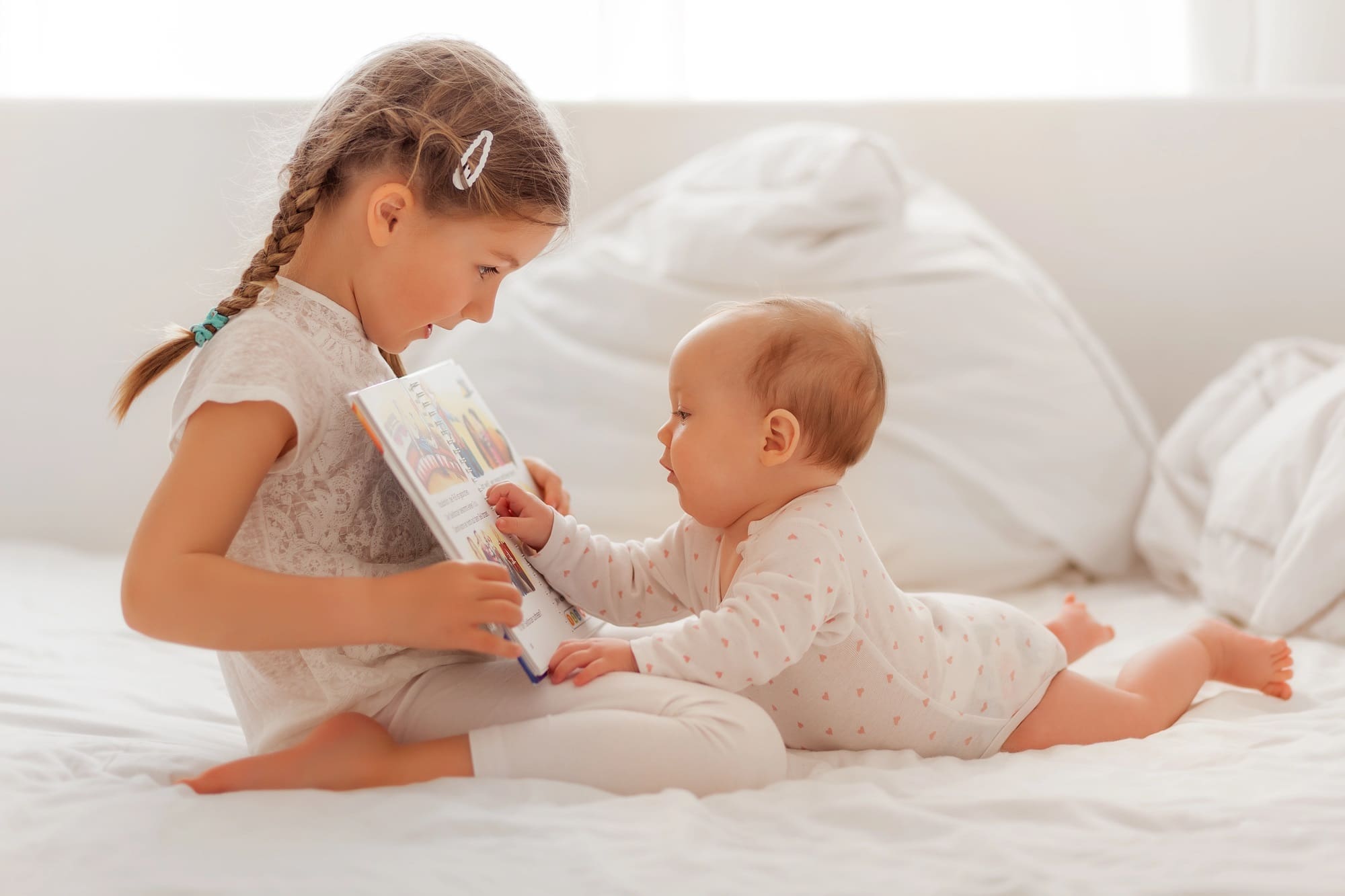The newly authorized drug, leucovorin, is becoming popular in the autism community, where some families have named it the “small bottle of hope”. While initial accounts and personal testimonials have sparked enthusiasm, medical experts point out that current scientific data remain quite limited, and more studies are needed to accurately identify the beneficiaries. Leucovorin is
Research on whether genes actually contribute to the heritability of autism spectrum disorder has been ongoing for quite some time. The most recent research points to a conspicuous genetic link, with evidence reflecting that siblings of children diagnosed with autism spectrum disorder are significantly more likely to be both diagnosed with the condition compared to their counterparts who do not have autistic siblings.
The research, which was conducted under the auspices of the UC Davis MIND Institute and spearheaded by Sally Ozonoff, underscores a meaningful familial aggregation of autism.
In other words, genetics play a significant role. This research was bolstered by the collective efforts of the Baby Siblings Research Consortium, comprising over 20 distinguished research entities globally.
The procedure
The procedure encompassed information from 1,605 infants across 18 distinct research locations. Each of these infants had an elder sibling diagnosed with autism. “This study surpassed the initial one in both scale and participant diversity,” remarked Ozonoff.
The preliminary investigation had a cohort of 664 children. The researchers meticulously monitored the children starting as early as six months old, spanning up to seven observational sessions. Doctors evaluated the children for indications of autism at the age of three, employing the Autism Diagnostic Observation Schedule (ADOS-2), which is renowned for its rigorous validation.
The dataset was meticulously collected over nearly a decade, from 2010 to 2019, providing a robust temporal framework for the study. This extended timeframe allowed researchers to capture a comprehensive picture of early developmental trajectories in a significantly larger and more demographically varied sample, thus bolstering the study’s generalizability and depth of insight.
The research results
The research results revealed that the gender of the first-born autistic child has a significant influence on the probability of autism recurring within a family.
According to Ozonoff, “If a family’s first autistic child was a girl, they were 50% more likely to have another autistic child compared to families whose first autistic child was a boy.
Furthermore, the researchers discovered that the probability of a child being diagnosed with autism increases if they have multiple autistic siblings, with a rate of 37%, as opposed to 21% for a child with only one sibling on the spectrum. Male infants were nearly twice as likely as females to receive an autism diagnosis. As elucidated by Ozonoff, “The familial recurrence rate was 25% if the new baby was a boy, whereas it was 13% if the new baby was a girl.
Observing the siblings of children with autism
From the findings, Dr. Ozonoff emphasizes the significance of healthcare providers meticulously observing the siblings of children with autism for any indications of delays in social or communicative development. Such vigilance can enable early intervention, which is pivotal in supporting the developmental trajectory of these at-risk individuals.
Treatment and Support in Sacramento, CA
We at Sacramento ABA Therapy understand the profound impact that timely intervention and personalized care can have on the lives of individuals with autism and their families.
Don’t hesitate to contact us for quality individualized therapy plans and family support programs.

